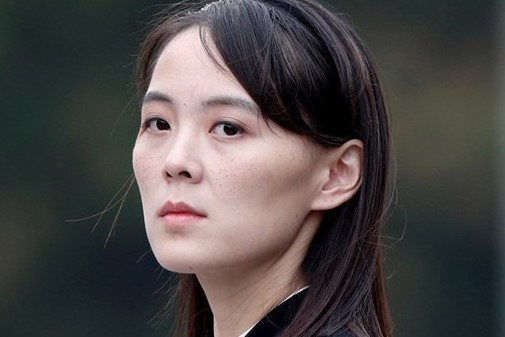North Korea’s hot and cold strategy
Alternating between raising tensions and extending an olive branch — all to confuse the enemy — has been part of North Korea’s dog-eared playbook. This geopolitical strategy has long been compared to dipping alternately in pools of scathingly hot and icy cold water in a public bathhouse.
Just a week ago, Kim Yo-jong, the only sister and key aide of North Korea’s leader, Kim Jong-un, threatened to kill the country’s agreements with South Korea that were intended to ease military tensions along the border. She called the South Korean president, Moon Jae-in, “disgusting” and “insane.” Then the North blew up the joint inter-Korean liaison office, the first of a series of actions that threatened to reverse a fragile détente on the Korean Peninsula.
On Wednesday, her brother Kim Jong-Un emerged as the good cop, overruling his military and suspending its plans to deploy more troops and resume military exercises along the world’s most heavily armed border. Hours later, South Korean border guards confirmed that the North Korean military had dismantled loudspeakers installed on the border in recent days as part of its threat to revive propaganda broadcasts against the South.
If the flip-flop seemed disorienting, that was exactly the effect North Korea intended. Over the decades, alternating between raising tensions and extending an olive branch has been part of the North’s dog-eared playbook. Mr. Kim’s grandfather Kim Il-sung, North Korea’s founding president, proposed reconciliation with South Korea even as he prepared to invade the South to start the 1950-53 Korean War. His father and predecessor, Kim Jong-il, discussed co-hosting the 1988 Summer Olympics with South Korea before North Korean agents planted bombs on a Korean Air Boeing 707 in 1987. The plane exploded near Myanmar, killing all 115 on board.
When the move is toward peace, the change of tack is so dramatic that North Korea’s external enemies often take the shift itself as progress, even though there is no evidence that the country has decided to abandon its nuclear weapons.
[New York Times]

